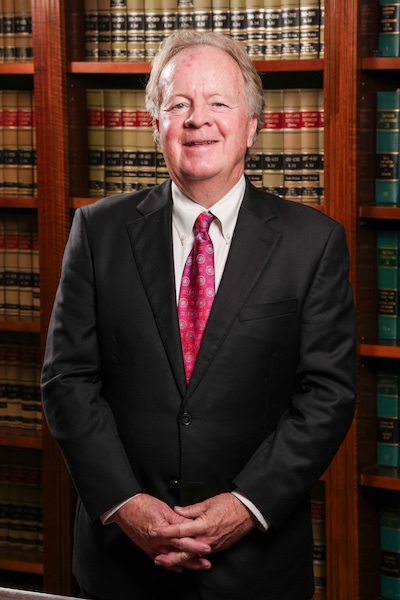Having prosecuted several thousand car and truck accident cases in our careers, Allan Steinhorn and I have seen many creative defenses mustered by insurance carriers to deflect legal responsibility.
Thus, when prospective clients appear in our offices proclaiming certainty that they will be fairly compensated for their particular case of "clear liability" we are inevitably required to note that while cases of ironclad legal liability or responsibility do exist, the mere fact that the individual has been involved in a rearender does not make it so.
This is particularly true in Maryland and the District of Columbia, where the doctrine of contributory negligence prevails. Yes, the following driver has a legal obligation to maintain a safe distance from the car in front of them so as to avoid a collision but their "negligence" is merely one factor in evaluating liability. If the lead driver stopped suddenly or slowed unexpectedly or had broken brake lights, these factors could lead to a finding that their negligence "contributed" to the happening of the collision, thereby eliminating any responsibility to compensate the lead driver for their injuries.
Additional circumstances have exculpated rear-ending operators including equipment malfunction, slippery conditions of roadways and sudden unexpected emergencies (typically sudden onset health problems).
Thus, as long as contributory negligence is a viable legal doctrine in Maryland and D.C.be aware that a rear end collision does not guarantee compensation for personal injuries.

